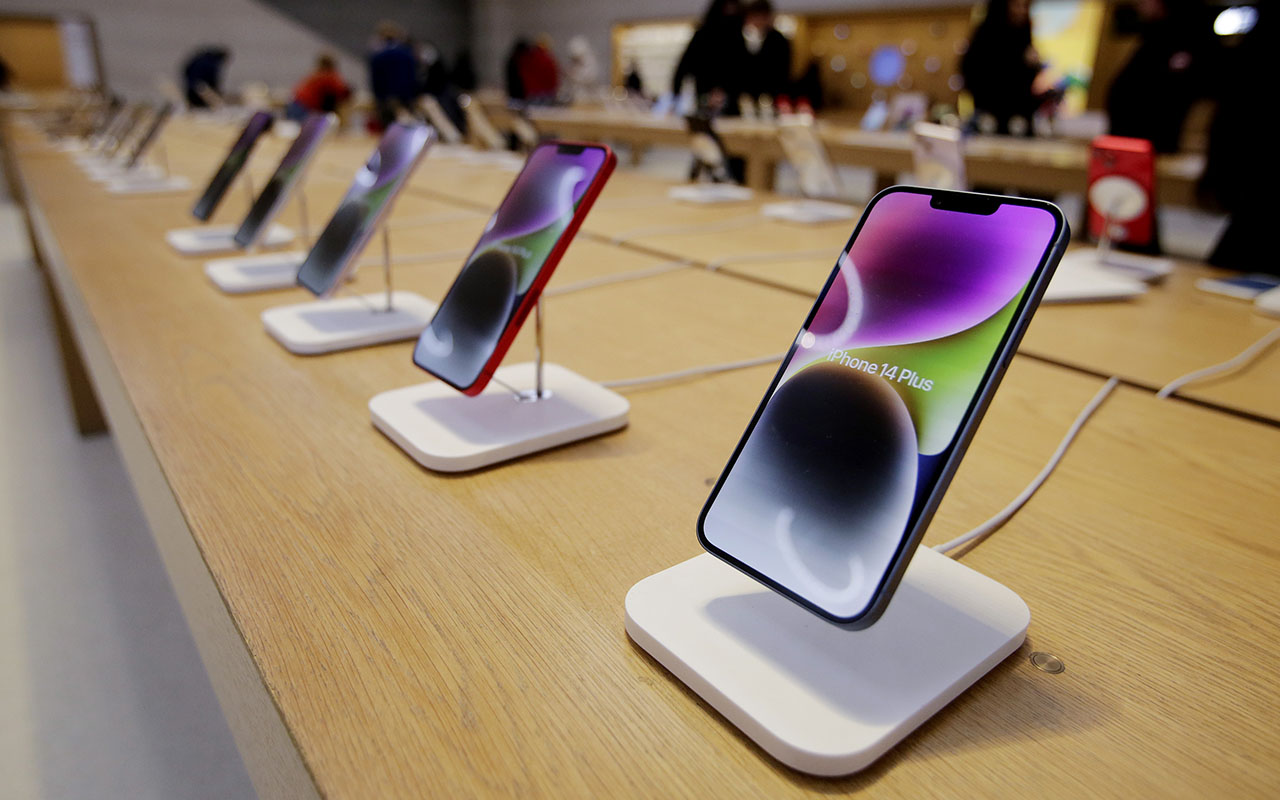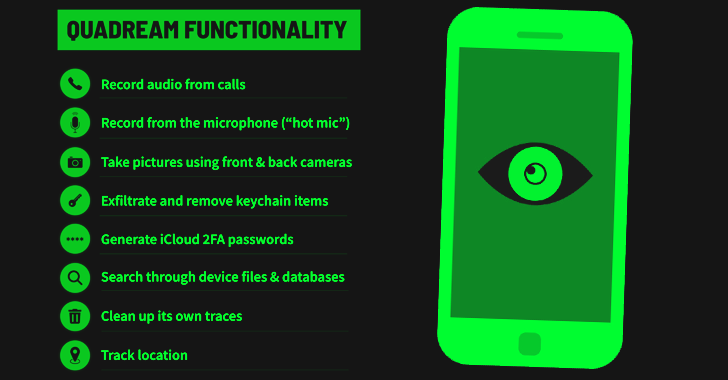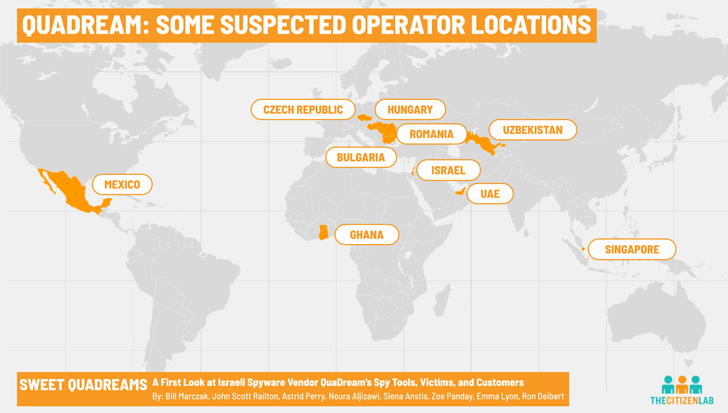Apple: Update your iPhones and iPads urgently to avoid being hacked
pple is urging all iPhone and iPad users worldwide to urgently update their devices to iOS 16.5 and iPad OS 16.5, or risk being hacked by cybercriminals.
The tech giant issued advice last week warning that there are three cybersecurity flaws, known commonly as “zero-day exploits”, that are being actively exploited by hackers and cybercriminals on unpatched devices.
The three security flaws particularly affect the iPhone 8 series, iPhone X series, iPhone XR, iPhone 11 series, iPhone SE 2, iPhone 12 series, iPhone 13 series, iPhone SE 3 and iPhone 14 series.
Users of iPads 5th generation and higher, as well as iPad mini 5th generation and later, should also install the latest iPad OS 16.5 as soon as possible.
You can update your device by going to Settings > General > Software Update and requesting the latest patch download.
In case you haven’t already, it’s also a good idea to enable automatic updates by tapping Automatic Updates in the Software Update section. You can also turn on the Download iOS Updates and Install iOS Updates options for both iPhones and iPads.
Active cybersecurity flaws being exploited by hackers
Apple’s iOS 16.5 and iPad OS 16.5 updates contain a total of 39 new cybersecurity flaws that have been discovered by white hat hackers and cybersecurity researchers around the world. However, luckily only three of them are being actively used for nefarious purposes.
All three security flaws relate to Apple’s WebKit, a browser engine developed to work with its web browsers on iOS and iPadOS.
Researchers from Google’s Threat Analysis Group, Amnesty International’s Security Lab, discovered that hackers could remotely manage to break out of Apple’s famed sandbox. This would technically lead to attackers being able to hijack other parts of the iPhone or iPad, and possibly look at user data.
And two anonymous cybersecurity researchers discovered that hackers have found a way to steal sensitive information from people using the Safari web browser.
They also found that cybercriminals could use one security flaw to trick the Safari web browser into executing malicious code hiding in websites, which would enable hackers to run any command or code on…




